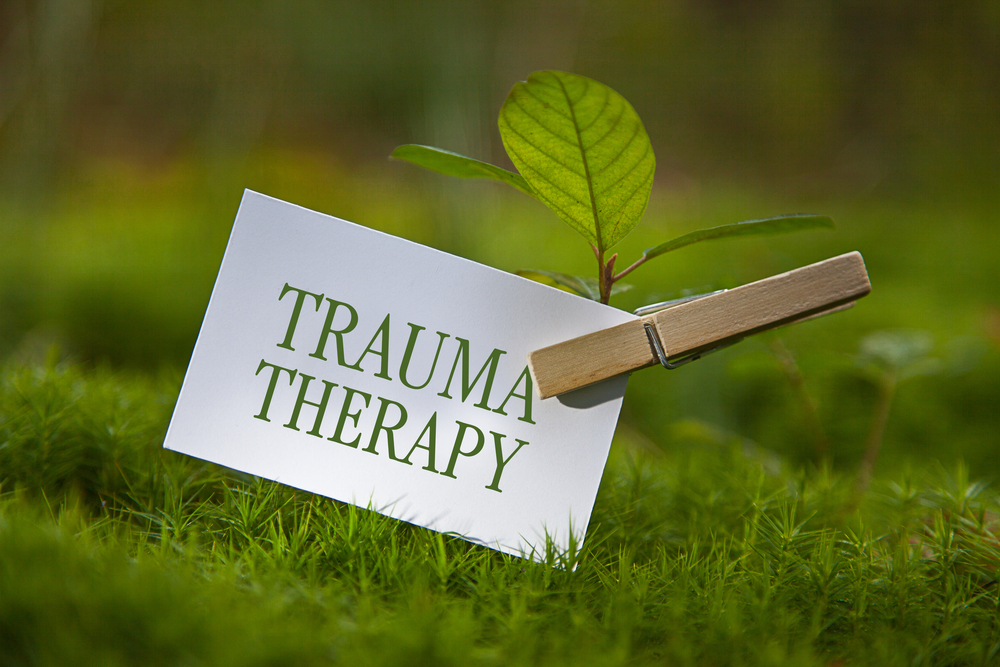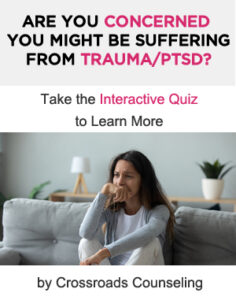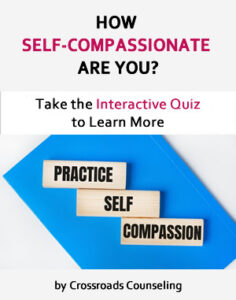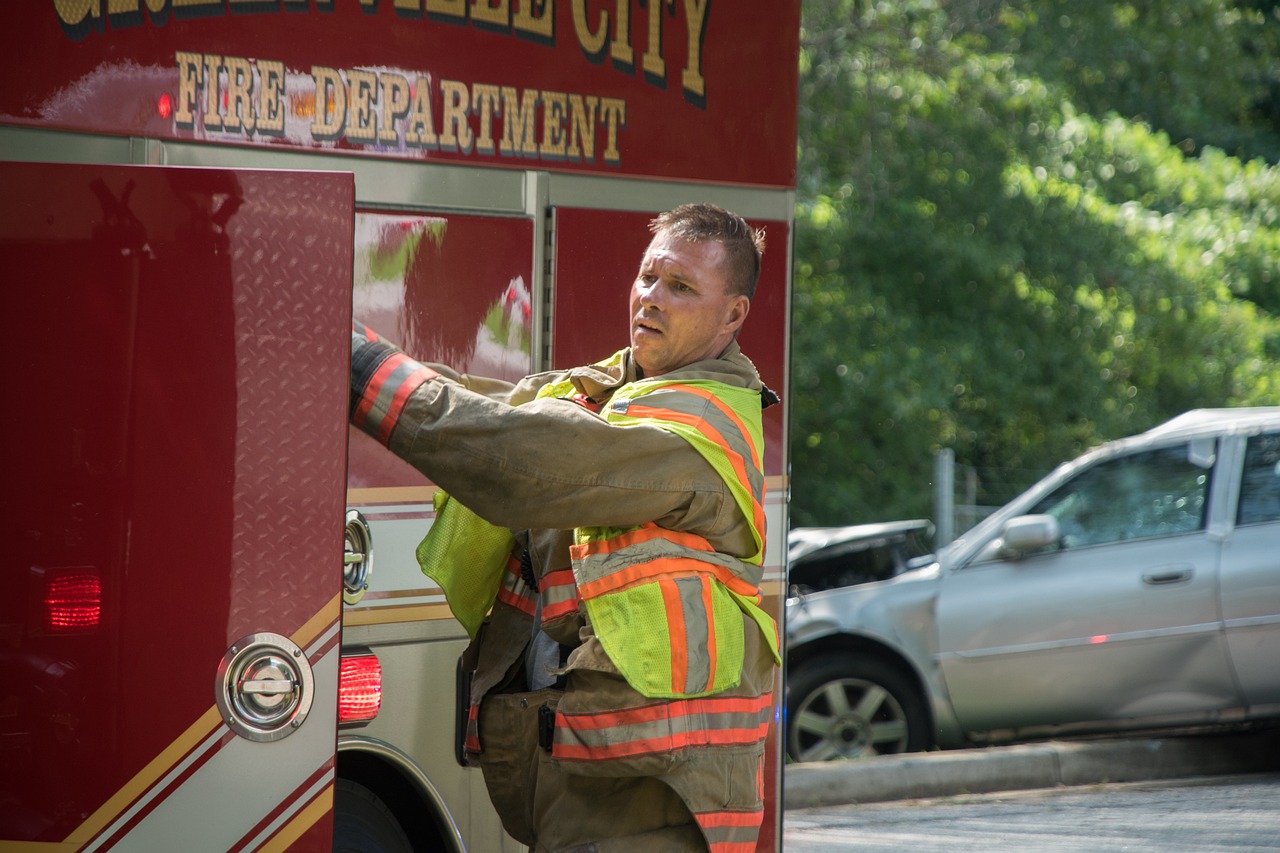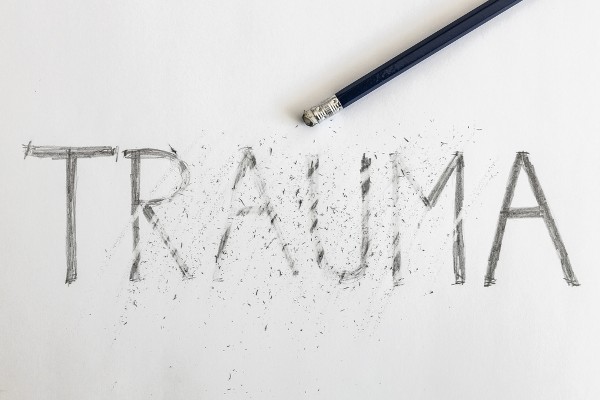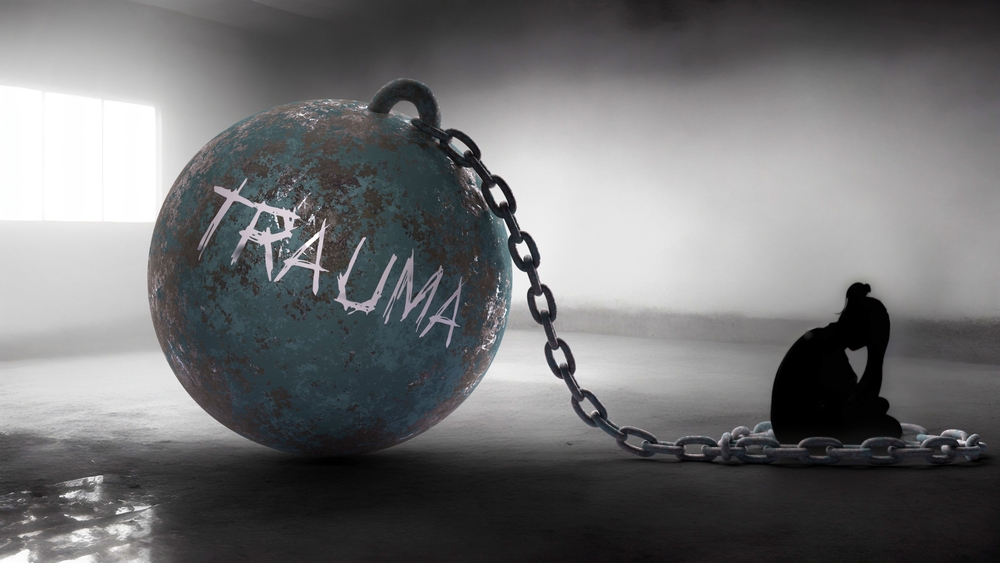Going through a traumatic experience is difficult enough. Though people respond to trauma differently, some of the stigma surrounding the subject can be just as hard and damaging to survivors.
These stigmas can also be referred to as misconceptions. Most of the time, they occur because people don’t know enough about trauma or have been engrained with certain stereotypes and “myths.”
Unfortunately, trauma survivors who encounter that kind of stigmatization can have a harder time recovering. They may even be re-traumatized.
Obviously, trauma stigma is something to take very seriously. So, what can you do to stop it?
Stopping the Cycle
One of the biggest aspects of trauma stigma is self-esteem. After a traumatic event, it’s not uncommon for survivors to struggle with their own self-esteem and self-worth.
When you come in contact with someone (or a group) that blames you for the event or further attacks you about the experience, it can make you feel worthless and confused. Too much of that kind of talk can start to control your internal narrative, and make you feel totally alone.
As you might expect, that makes recovery from the trauma even harder, and may even cause you to be less motivated to change anything. You can easily start to think of yourself as a hopeless case, which fuels the cycle of negativity even more.
It’s easy for someone who has been through a traumatic experience to develop anxiety or depression. Believing some of these myths makes that even easier, as you can start to feel as though you don’t have any support.
What Are Some Common Trauma Stigmas?
The more you understand about some common “triggers,” the better equipped you can be to handle them. You might already be aware of some of these misconceptions. But, seeing them in front of you can make them easier to identify and reassure you that these stigmas are not reality. Some of of the “popular” stigmas include:
- It was your fault
- You’re exaggerating your story
- You must have deserved it
- You should learn how to move on and get over it
- The trauma wasn’t “that bad” and you should be grateful it wasn’t worse
For the most part, people who say these things aren’t trying to attack you. The idea of trauma can make everyone uncomfortable and many people don’t know how to react. But, that doesn’t mean these stigmas aren’t hurtful.
Using the Power of Education
As a trauma survivor, you might think you don’t have the strength or even the self-worth to fight back against some of these strong stigmas. It can be hard to defend yourself when you’re already feeling so low.
So, instead of fighting back against what people might be saying about you, one of the best things you can do is to educate them. The more aware people are about how trauma impacts individuals, the weaker the myths and misconceptions become.
Knowledge really is power. If you’ve been through a traumatic experience, you have a unique source of knowledge that many others don’t. Although no one deserves to go through something horrific, you can use what you’ve learned in your experience to educate others and stop the overwhelming cycle of misconceptions. Not only will you be helping yourself, but other trauma survivors, too.
Let people know how a traumatic event really feels. Inform them about the symptoms and signs, and talk to them about triggers. The more prepared you are to talk about it, the better. Is it always easy? No. But, talking about it can help you to regain control and power over your own thoughts. It can also help to boost your esteem, all while unveiling the truth about trauma.
If others are not open to being educated on trauma then do not waste your time and energy. It’s okay to just walk away and invest in people who sincerely care and in those whom are truly open to learning.
Another item to consider is working with a trauma therapist. A trauma therapist understands the stigma trauma survivors often encounter and can offer both support and the resources to help you heal. One such resource is EMDR. To learn more about EMDR for trauma and PTSD please click here.
Crossroads Counseling offers trauma counseling at all three of our locations. If you would like more information about trauma therapy please do not hesitate to reach out to our office. We offer a 20-minute complementary phone consultation to allow you time to talk to a trauma therapist and better understand how they can help you specifically.
Begin Trauma Counseling in Phoenix, Scottsdale, and Online in Arizona
Our team of trauma therapists understand that the decision to start therapy can be challenging. This is why we are happy to offer a complimentary 20-minute phone consultation. Our locations for counseling are located throughout the valley with counseling centers located in Phoenix, Anthem, Scottsdale and online anywhere in Arizona. You can start your therapy journey with Crossroads Counseling by following these simple steps:
- Contact Crossroads Counseling for a complimentary 20-minute phone consult
- Meet with a trauma therapist
- Start the healing process
Feel free to learn more about our practice by visiting our about page, FAQ, and blog, or read more about our staff members to start finding your best therapeutic fit! or, call us at 623-680-3486, text 623-688-5115, or email info@crossroadsfcc.com for more information!
If you are in need of intensive trauma therapy click here to learn more about the Beyond Trauma Intensive Counseling Program.
